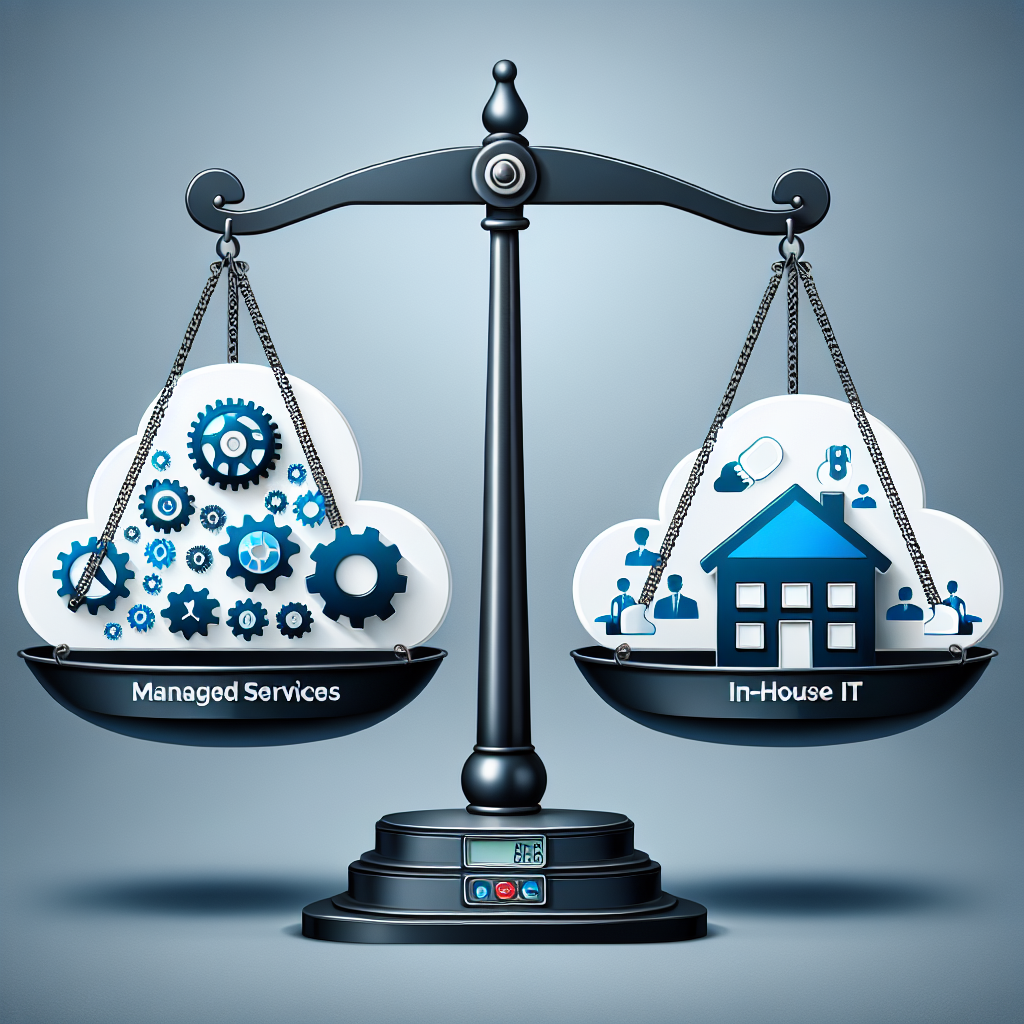Managed services have been a crucial part of the technology industry for years, providing businesses with the support and expertise they need to keep their systems running smoothly. As technology continues to evolve at a rapid pace, the landscape of managed services is also changing. In this article, we will explore the top trends that are shaping the future of managed services.
1. Artificial Intelligence and Automation
Artificial intelligence (AI) and automation are revolutionizing the way managed services are delivered. AI-powered tools can analyze data and detect potential issues before they become major problems, allowing for proactive maintenance and preventing downtime. Automation can also streamline routine tasks, freeing up technicians to focus on more complex issues.
2. Cloud Computing
The shift towards cloud computing is also impacting managed services. More businesses are moving their infrastructure and applications to the cloud, and managed service providers are adapting to provide support for these cloud-based environments. This trend is expected to continue as businesses look to leverage the scalability, flexibility, and cost savings that the cloud offers.
3. Security and Compliance
With the increasing number of cyber threats and data breaches, security is a top concern for businesses of all sizes. Managed service providers are focusing more on security services, offering advanced solutions such as threat detection, vulnerability assessments, and compliance monitoring. As regulations around data privacy and security become stricter, businesses are turning to managed services to ensure they are compliant with these requirements.
4. Remote Workforce Support
The COVID-19 pandemic has accelerated the trend towards remote work, and managed service providers are adapting to support this shift. With more employees working from home, businesses need reliable IT support to ensure their remote workforce remains productive and secure. Managed service providers are offering solutions such as remote monitoring, virtual desktops, and collaboration tools to help businesses navigate this new normal.
5. Industry-specific Solutions
Managed service providers are increasingly offering industry-specific solutions tailored to the unique needs of different sectors. Whether it’s healthcare, finance, or manufacturing, businesses are looking for managed service providers that understand their industry and can provide specialized support. This trend is expected to continue as businesses seek out providers that can offer expertise in their specific field.
In conclusion, the future of managed services is being shaped by trends such as artificial intelligence, cloud computing, security, remote workforce support, and industry-specific solutions. As technology continues to evolve, businesses will rely on managed service providers to keep their systems running smoothly and securely. By staying ahead of these trends, managed service providers can be well-positioned to meet the changing needs of their clients and drive innovation in the industry.










